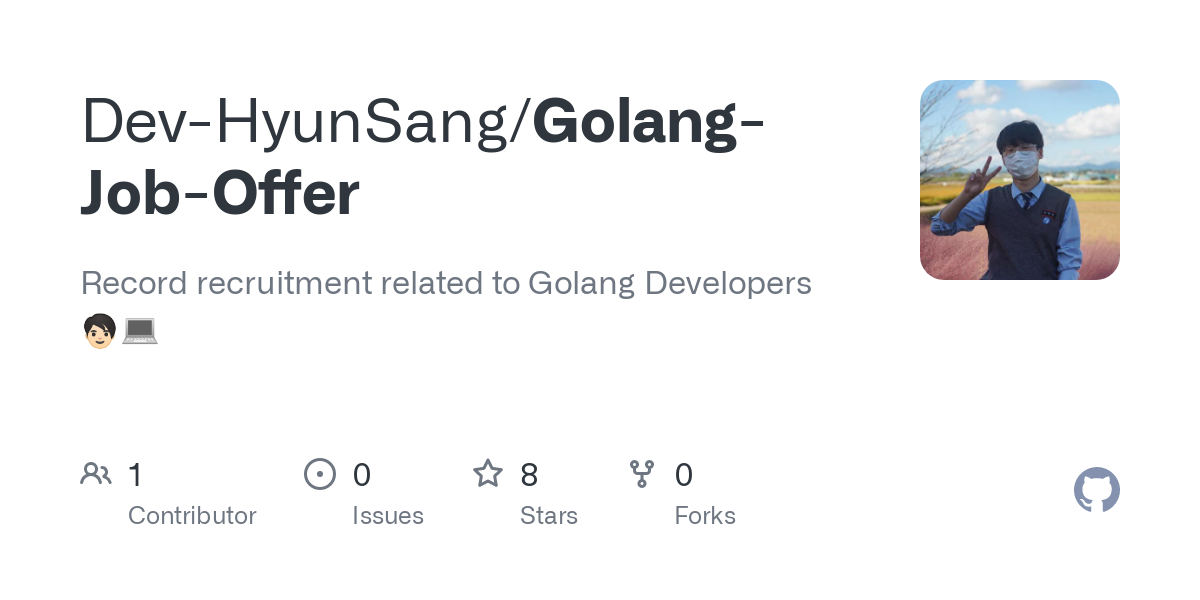
If you want to open a business in Washington DC, you will need a business license. To operate your business in District, you will need to have a number of different licenses. These licenses are usually regulated by the Occupational and Professional Licensing Administration. Check the DC Business Portal for information about which licenses you will need to run your business.
Application fee
Washington DC's business licenses are necessary to be able to run your business. There are two types: a Basic Business License (General Business License) and one that is more specific. DC's business license fees are assessed twice each year. A Basic Business License costs $160 and a General Business License costs $350.
Most businesses require a basic business license to be able to run their business. Online applications are possible to obtain one. A list of all the categories and application fees for business licenses can be found online. Your application will then be approved by the DCRA.
Requirements
It is crucial to adhere to the District of Columbia's requirements for business licenses when opening a new business. DC requires that all businesses obtain a basic operating license. However, there are some exceptions to this rule. Businesses run by licensed principals need not obtain a license.

The type of business will determine which licenses are required. Those requiring only a Basic Business License may also need a professional license or an environmental permit from the Department of Energy and Environmental Protection. The Department of Consumer and Regulatory Affairs has information about whether your business needs additional licenses.
Requirements
There are many steps that you need to take before you can renew a DC business license. First, you need to apply for a license. This is a mandatory step in most districts. After you submit your application, you need to describe what your business does. You have a choice of several categories, and you must comply with these requirements to be allowed to operate in the district. On the DCRA’s website, you can find additional information about these categories and endorsements.
Next, you must apply for a Basic Business License. Online applications are possible. These types of licenses are usually approved within minutes, although some may take upto one week to process.
List your agents
You'll need a license to run a business here in the District of Columbia. Before applying for your license, here are some points to remember. First, you should register your business with the Department of Housing and Community Development (HCDC). A separate license is required for each unit you are renting. This is because each unit needs to be inspected and certified.
The District of Columbia’s Department of Insurance, Securities and Banking, (DISB), regulates the District's financial industry. Their role is to protect consumers as well as create an environment that encourages fair business for those regulated.

Paper forms available
For all businesses located in the District of Columbia, the Basic Business Licence is required. It is issued by the Department of Consumer and Regulatory Affairs. For environmental permits, it may be issued by either the Department of Energy & Environment or the Metropolitan Police Department to protect security officers. There are many paper forms that can be printed and purchased. For certain categories, payment may be made either in person or online.
Credit cards are accepted by the Business Registration Division. It accepts Visa and MasterCard, American Express as well as Diners Club and JCB credit cards. The cardholder's name and card expiration date will be required. Fillable PDF forms are also available.
FAQ
What industries employ consultants?
There are many types of consultants. Some focus on one particular type of business while others specialize in more than one area.
Some consultants work exclusively for private businesses, while others represent large corporations.
Many consultants also work internationally to assist companies from all corners of the globe.
What qualifications do you require to become a Consultant?
It doesn't suffice to hold an MBA. You also need to be able and willing to work as a business advisor. A minimum of two years' experience in consulting, training and/or advising a major company is necessary.
You will need to have worked closely alongside senior management teams in order to develop strategy projects. This will require you to be comfortable sharing your ideas with clients and getting their buy-in.
You'll also need to pass a professional qualification exam such as the Chartered Management Institute's Certified Management Consultant (CMC) certification.
Why would you want to hire consultants?
You might need consultants for a variety of reasons.
-
Perhaps your company has a specific problem or project you need to address
-
You would like to improve your skills or learn new things
-
You would like to work with an expert in your field.
-
There is nobody else who can do this job.
-
You feel overwhelmed with all the information you see and don’t know where it is.
-
It's impossible to afford to hire someone full-time.
The best way to find a good consultant is through word of mouth. Ask your network if they are aware of any credible consultants. If you are already acquainted with someone who works as an advisor, ask them for recommendations.
If you choose to use online directories such LinkedIn, make sure to use the "Search People” function to locate consultants in your area.
Who hires consultants
Many businesses hire consultants to assist them with their projects. This includes small businesses, large corporations and government agencies.
These consultants may work directly for the organization, or freelance. The process of hiring depends on the size and complexity the project.
There will be many rounds of interviews for consultants when you are looking to hire. Only then can you select the right person to fill the position.
Statistics
- 67% of consultants start their consulting businesses after quitting their jobs, while 33% start while they're still at their jobs. (consultingsuccess.com)
- My 10 years of experience and 6-step program have helped over 20 clients boost their sales by an average of 33% in 6 months. (consultingsuccess.com)
- "From there, I told them my rates were going up 25%, this is the new hourly rate, and every single one of them said 'done, fine.' (nerdwallet.com)
- According to statistics from the ONS, the UK has around 300,000 consultants, of which around 63,000 professionals work as management consultants. (consultancy.uk)
- Over 62% of consultants were dissatisfied with their former jobs before starting their consulting business. (consultingsuccess.com)
External Links
How To
What does a typical consultant's day look like?
Depending on what type of work you do, your typical day may vary. You will be spending time researching, planning new ideas, meeting with clients, and creating reports.
You'll often have meetings with clients where you can discuss issues and solve problems. These meetings can be held over the telephone, online or face-to face.
Sometimes, you may be asked to create proposals. These are documents that outline your ideas and plans for clients. You will need to discuss these proposals with a mentor or colleague before you present them to clients.
After all the planning and preparation you will have to put your efforts into creating some content. Writing articles, designing websites, editing photos or conducting interviews are just some of the options.
You may need to conduct research depending on the scope of your project to find relevant statistics and figures. This could include finding out how many customers your company has and whether they purchase more than one product.
Once you have collected enough information, it's now time to present the findings to your clients. Your findings can be presented orally or written.
You must also follow up with clients following the initial consultation. You can call clients to ask how they are doing or send emails asking for confirmation that your proposal was received.
Although it takes time, this process is worth it. It's also important to keep your eyes on the prize and maintain good relations with clients.